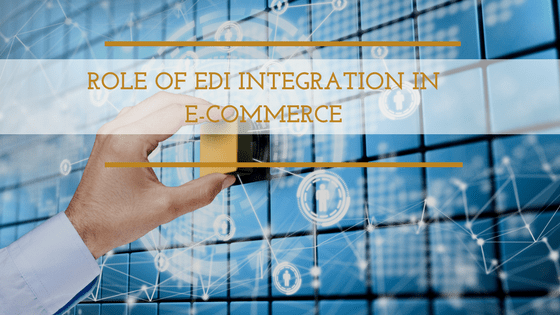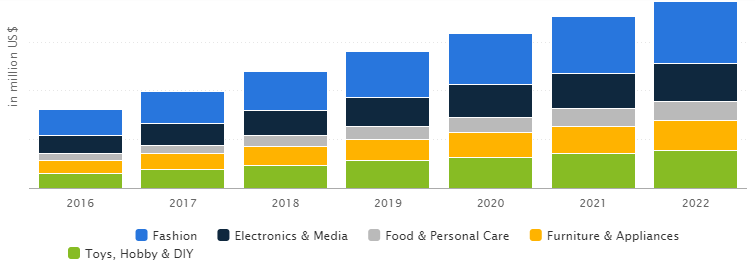3 reasons for EDI integration with Shopify
This article was taken from our blog, published on our EDI2XML platform.

Many times, when I meet business owners and executives, the same question comes up during the discussion: why do companies operating eCommerce stores on Shopify or Magento need to have EDI integration? I decided to publish this post, and explain my points, by identifying the top (3) reasons why businesses running on Shopify, need to comply and integrate with EDI.
What is Shopify?
In a quick description, Shopify is one of the leading Canadian eCommerce platforms offered to clients based on monthly subscription fee, where companies and individuals can subscribe, put up their own items on the eCommerce platform, and start selling to the public. For more information about Shopify, you can visit their website, it has tons of information about how things are done.
Who uses Shopify?
Individuals or companies of all sizes, who want to sell products online to their clients and B2C consumers, are mostly the users of a platform such as Shopify. With less than 100 $ a month, they can start selling products and ship it to their clients.
A word about Drop-Shipping
One important thing to emphasize here is that with the emergence of the online retail and eCommerce over the internet, companies selling products online on platforms such as Shopify, are not necessarily carrying inventory of the products they are selling.
They do receive the order from the consumer online into the Shopify platform (or store), and than they transfer this order to the manufacturing business partner(s) for shipping and delivery, while “white labelling” the packaging delivery. This concept is called “Drop-Ship” (or Drop shipping) in the retail and eCommerce world. The store owner will receive the order from the consumer, who gets paid for the merchandise upfront. The Store owner forward the order to the maker for shipment and direct delivery to the consumer.
What EDI has to do in this context of eCommerce?
As a reminder about EDI (Electronic Data Interchange), it is a set of standards and processes to exchange documents of business nature electronically between business partners. What I mean by business documents is Purchase Order, Invoice. This data exchange can happen in both direction (in and out).
In the context of online sales over the internet on a platform such as Shopify and drop-shipping orders, the EDI comes into play for several reasons:
- Most manufacturing an major distribution will require a system-to-system integration through some sort of EDI
- Shipping companies require also integration via EDI
- Consumer today is very well educated and require to be informed on the status of their orders at every step of the way during the shipping process.
As you notice, all the above requires system-to-system integration between so many heterogenous systems and platforms. All major companies and retailers are well equipped with EDI platforms and standards that they have been investing in developing for years now, so it is the right moment for them to pay off all their investments.
Top (3) reasons why you need EDI integration with Shopify
As you might have noticed from the previous sections, the reasons are very obvious, to have an EDI integration with your Shopify store:
- If you are in the Drop-Ship business and you are selling online, chances are that your suppliers will impose on you to go on EDI.
-
When you are selling online on Shopify, and you have a high volume of clients, that require to be informed of their orders at any given moment, this is another reason why you need to have EID integrated with your Shopify store
- In case you are dealing with shipping companies (FedEx, Purolator, UPS…) and you have high volume of shipments daily, you need to integrate your systems and Shopify with EDI
The above are the main reasons for such a need, still more reasons are out there, just wanted to share the most important ones.
But can we integrate Shopify with EDI?
Certainly, it is feasible, we do this every day. With the right team of integrators, that have years of expertise in integrating EDI to any system, there is no going wrong.




